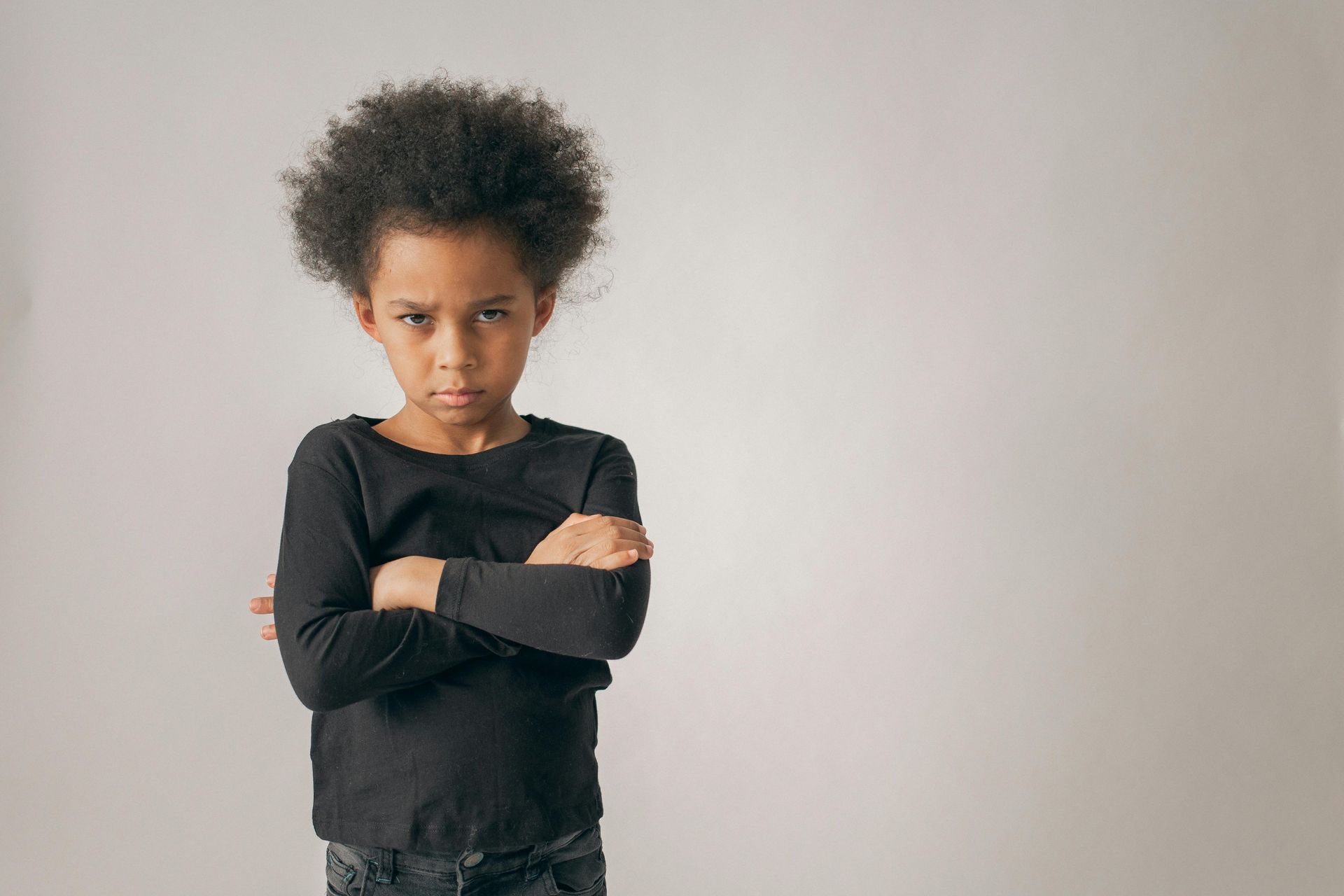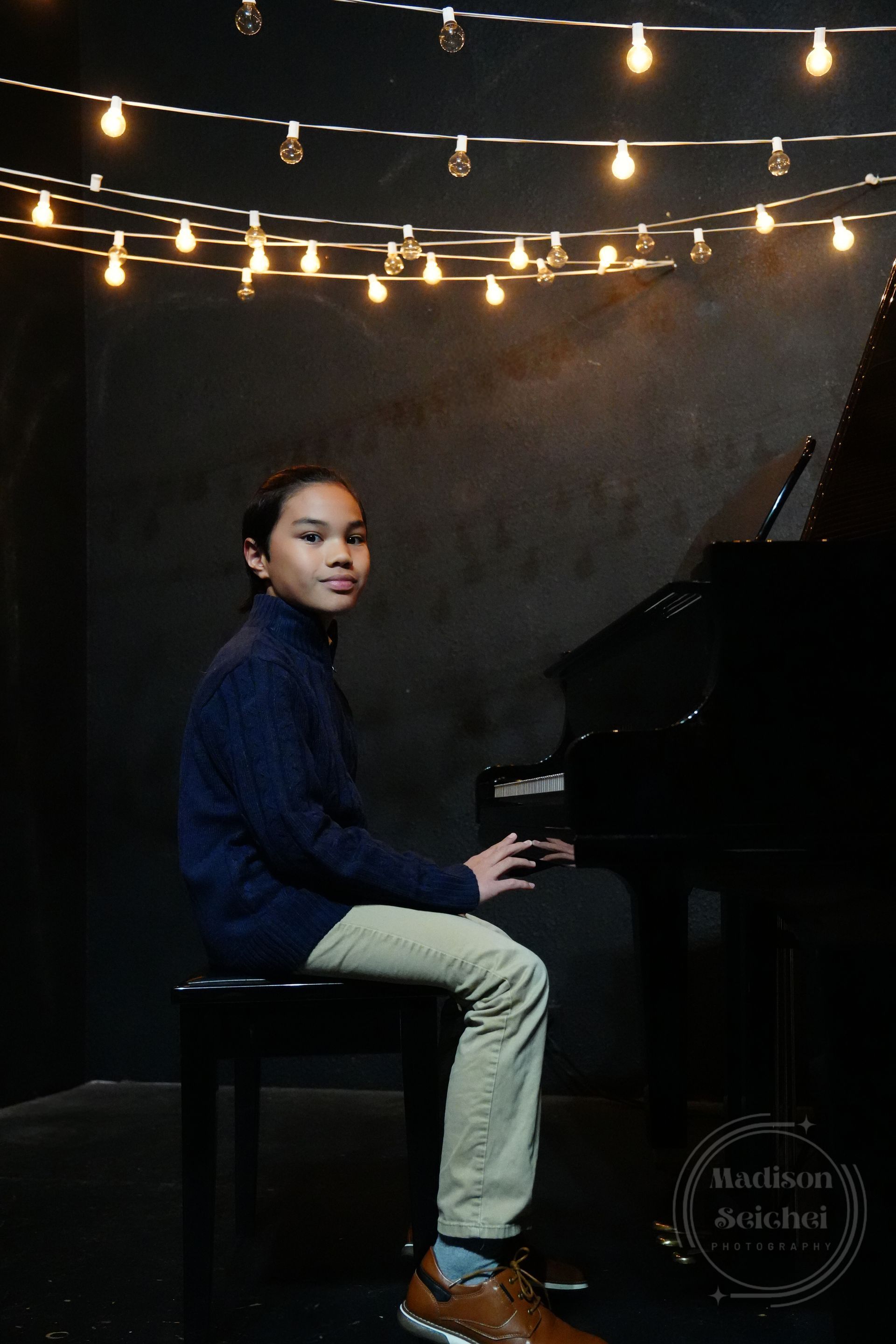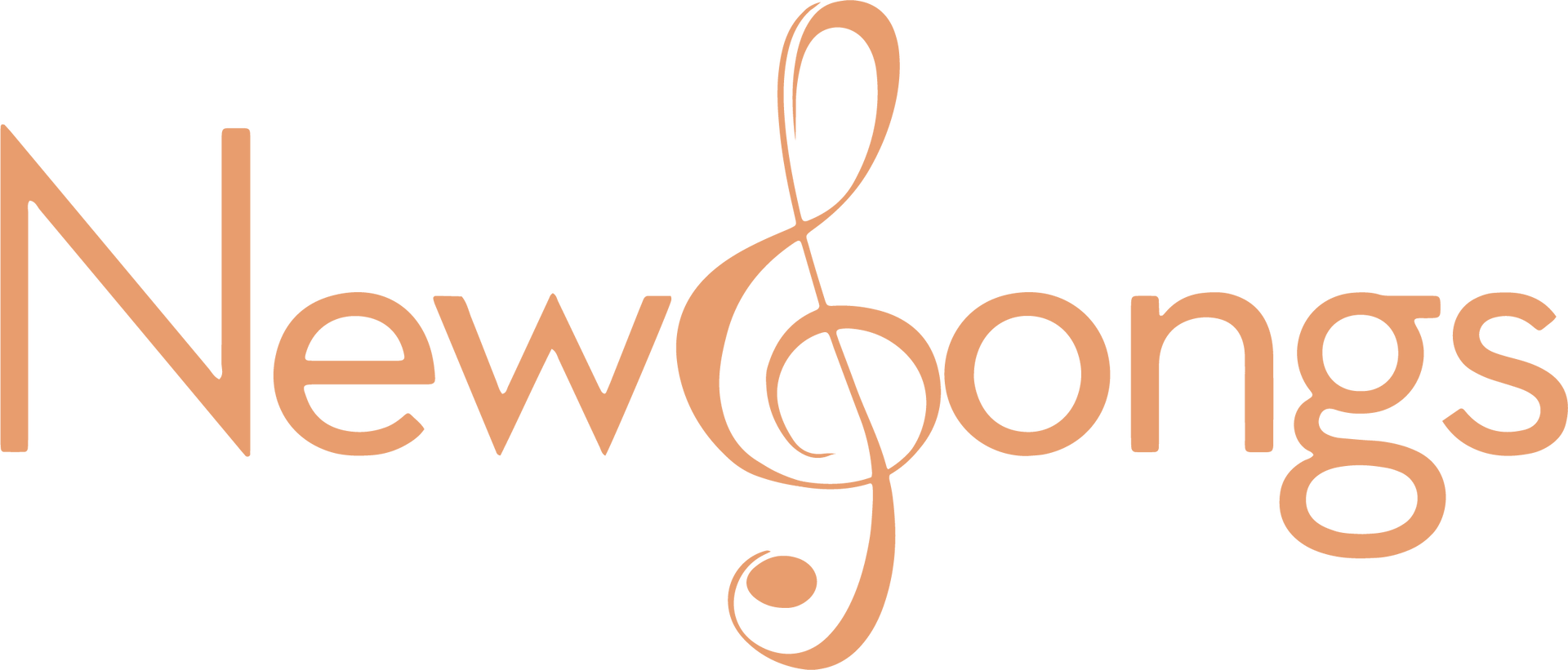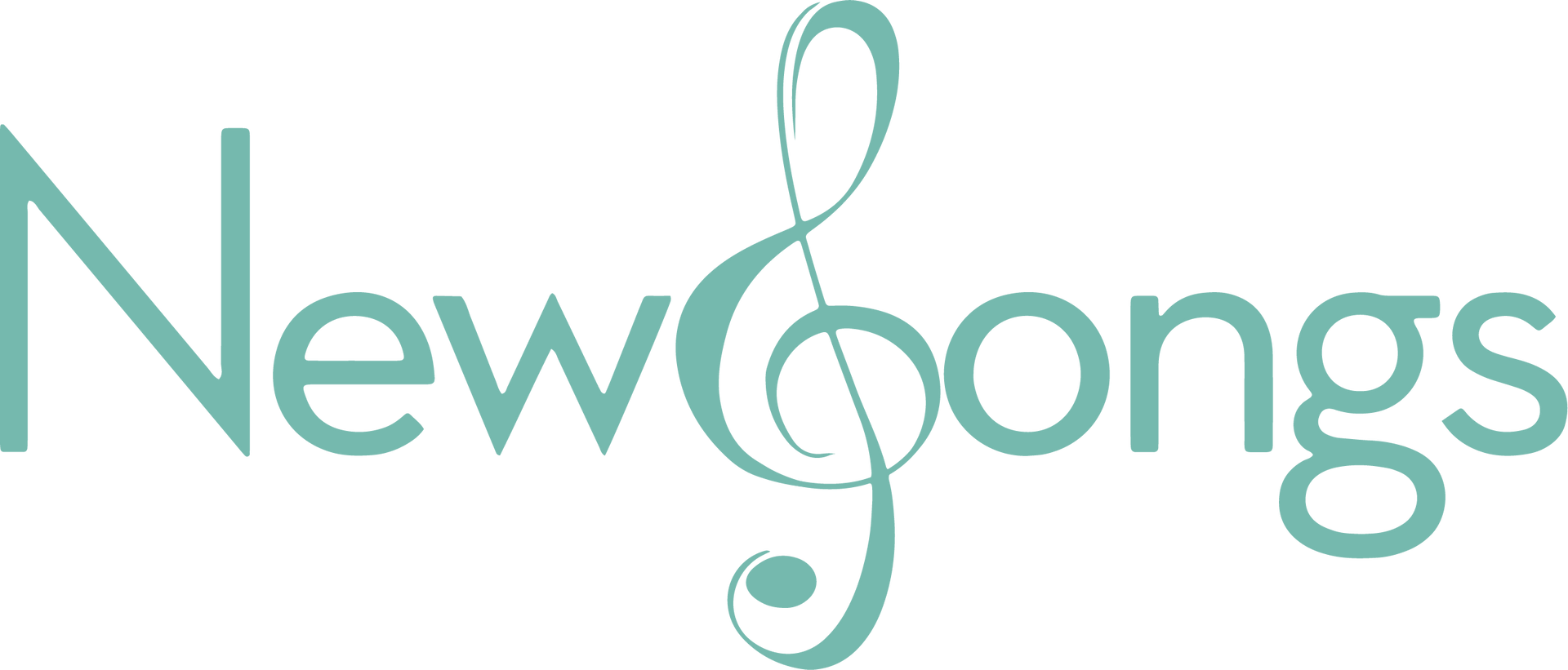Founder - Michael Hemsworth
Husband, Father and Music Lover
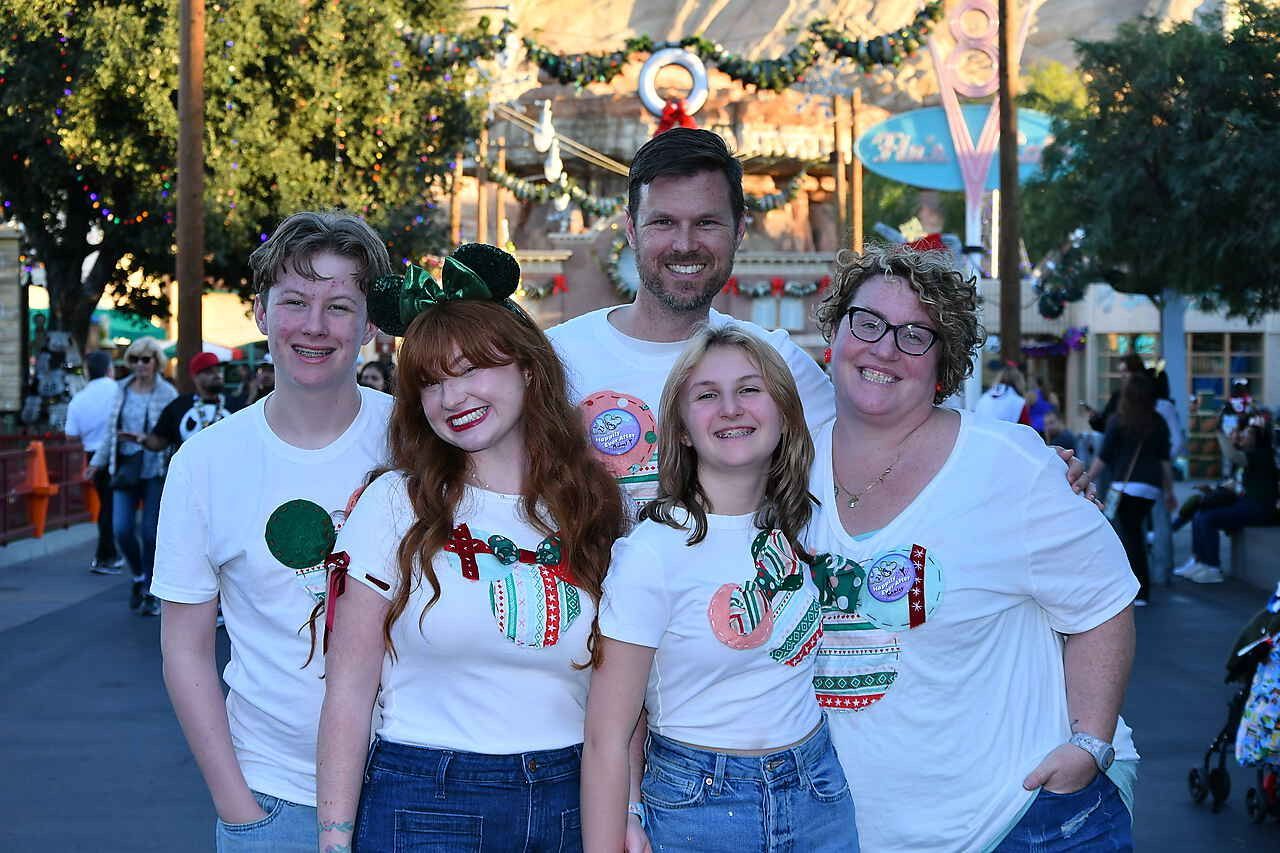
I'd like to share a brief history of our music school. My name is Michael, and I began teaching piano at the age of 16 at the small music school where I spent my formative years.
I began playing the piano as a late elementary student and have cherished it ever since. Concurrently, I enrolled as a local college student at Cosumnes River College when I was just 16. Just before turning 19, I was still teaching piano, and I successfully earned my bachelor's degree in music from UC Davis, all while getting engaged to my wife, Cealey.
After a series of events, the moment arrived for me to embark on my own journey. Thus, in the summer of 2003, I began teaching from my home under the name New Songs, just shortly before welcoming our first daughter. As a long-time resident of Elk Grove, I have cherished using piano as a way to connect with children and families throughout my history, including staying in touch with my very first students from the 2000s—three of whom are now adults with kids of their own.
At that time, I was dedicated to establishing a school that embodied my vision for music education, benefiting both students and teachers. For students, I aimed to create an inclusive environment where they felt secure to express themselves, embrace creativity, explore new ideas, and strive to reach their fullest potential. For teachers, I envisioned a supportive teaching environment that would enable them to cultivate a long-lasting career in education.
For four years, I taught from home, starting in my small duplex in 2007 with around 20 students. We then transitioned into our first commercial space, and by 2008, we had hired our first guitar teacher, evolving into a multi-teacher school. Over the years, we steadily expanded, moving from one classroom to two, then from two to three, and eventually from three to six and beyond.
We have proudly occupied our current facility for a decade and, in 2023, expanded to encompass more than 6,000 square feet, featuring 16 teaching spaces and a performance hall. Over the years, in addition to offering lessons, we have cultivated strong ties with our community, organizing music story times at local libraries and participating in school and after-school programs for the Elk Grove Unified School District. Additionally, in 2019, we acquired a mobile unit known as the Musi-music bus to enhance our ability to serve the entire community effectively.y.
In 2020, like many in our community, we faced a pandemic, but we promptly adapted by shifting to online classes, outdoor activities, and various alternatives, all while maintaining employment for our entire teaching staff. This adaptability allowed us to sustain our community through our student base. As we expanded, we launched an additional location in Laguna in the spring of 2022, followed by the acquisition of music schools in the Sacramento area in 2023 and 2024 from owners seeking retirement or significant life changes.
We’re delighted to expand our family of music schools through this initiative, as it allows us to cultivate a larger team of committed music educators. These teachers can unleash their creativity while engaging with a diverse array of students. This expansion also empowers us to reach more students within our community, driven by our core belief that making music fosters growth in numerous social, emotional, and academic dimensions for both children and adults.
Our fundamental values remain rooted in curiosity, acceptance, respect, and the freedom of expression, fostering a rich diversity within our school. We offer various programs tailored for both recreational and dedicated music students, ensuring that we cater to a wide range of populations, including adults and children with special needs. Our offerings encompass all ages and instruments. We take great pride in the vibrant community we have cultivated with our teachers, students, and families.
And we welcome you. To this family of over 1000. Students who are always growing and becoming more creative and confident music makers. years.
